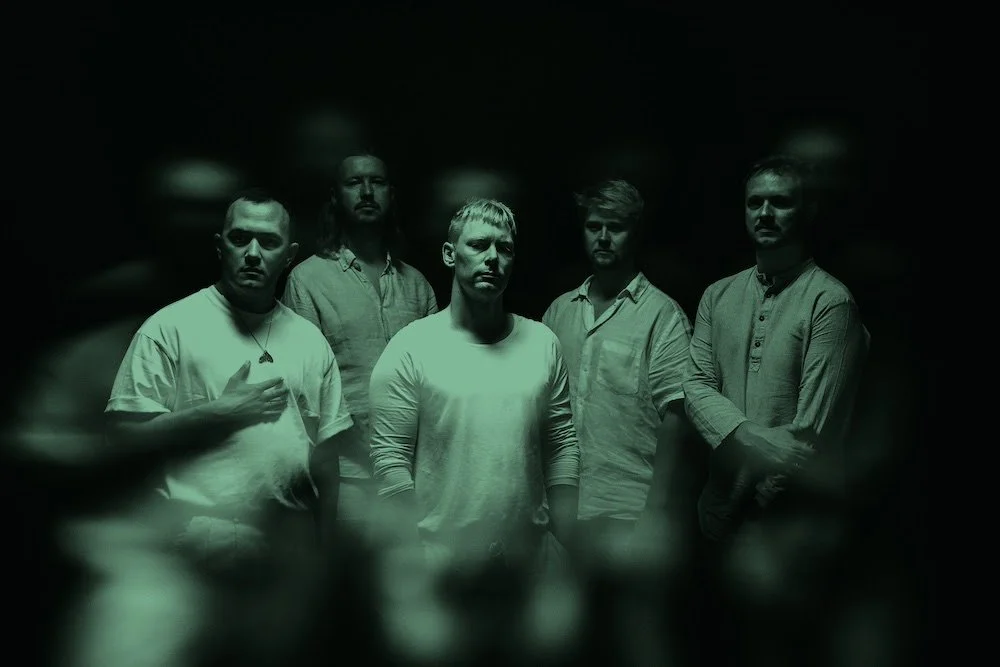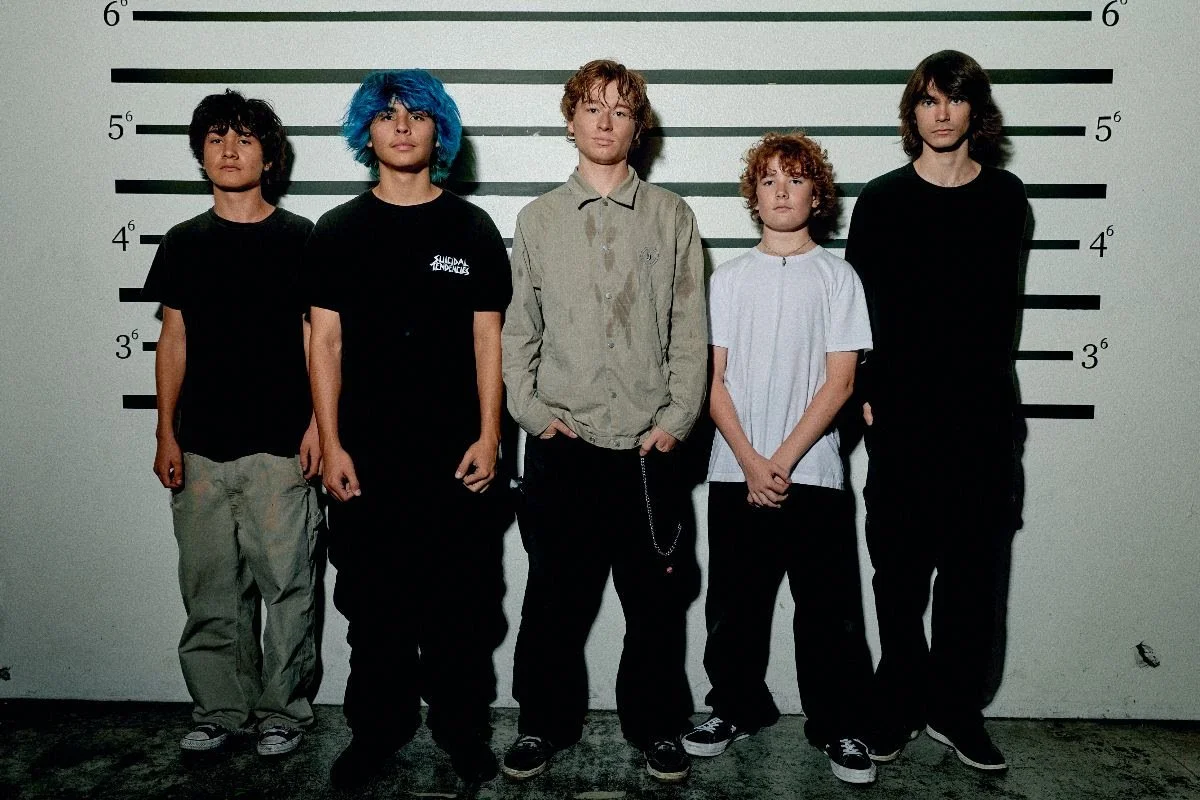Celeste - 'This Is Who I Am'

Both celestial and terrestrial, Celeste recovers the starlight from amongst the shadowy realm of espionage.
Throughout cinematic, and indeed literary history, the brooding theme of identity has often been illuminated to the absolute extreme when it comes to espionage thrillers. It is a fixture bejewelled by liminal behaviours, where characters are designed to be indecipherable, enigmatic rogues who relish in the tenebrous underworld, an inability to be defined by name or nature. Whilst admittedly, John Barry and Monty Norman’s devilishly mercurial ‘James Bond Theme,’ stands proud as the first iconic espionage theme song, it was the later iterations where figures such as Shirley Bassey, Louis Armstrong and Carly Simon helped forge a fiery, seductively catalogue of memorable tonics to the slick James Bond cinematic capers we know and love.
Yet unlike, the in-submergible legacy of James Bond, Frederick Forsyth’s slick, serrated and cerebral 1971 novel ‘The Day of the Jackal,’ has been given little attention despite the success of its 1973 cinematic adaptation which is now somewhat overlooked despite its classic, and critically lauded reputation. Yes, the 1997 Bruce Willis led adaption ‘The Jackal,’ is evidence of a more modern appreciation for such startling source-material, but it never did rekindle the flame. Brought to life by the protean performance of Oscar winner, Eddie Redmayne and the equally, dexterous handling of Lashana Lynch, Sky TV’s new adaptation of the Forsyth thriller is already proving to be a dynamic retelling where critics appear to be concerned. But despite early impressions, this is not a review of the television series itself, instead this is a review for its silvery, spectral title track ‘This Is Who I Am,” by the celestially gifted British singer-songwriter Celeste.
Like the eponymous Jackal of the series, Celeste narrates from the perspective of a chameleonic outsider, observant of the fragile existences held by most. Warding off certainties, she laments at the fact that “some flowers never get to bloom and see the day,” broadening her voice with a tender, cold-shoulder that is fragmented by a sadness beneath the surface. Meditating further, “some may rise, some may fall,” Celeste’s warping delivery is pearled by the ethereal backing of strings that shape-shift, slumbering and then slicing at thin-air. Clearly, the track codifies the issue with identity that the series itself barters with, trespassing into a realm where the narrator is stepping-out or at the closing end of a tightrope walk where their identity is but a prize waiting at the end. Warbling with new-found confidence, Celeste croons with captivating vulnerability as the crescendo of the strings loudens and claws at the listeners’ ears.
Like the bygone, Bond-like sound of old, the track teeters with tidal accompaniments of growing percussive patters. Throbbing soon with cataclysmic, closing- remarks, the song blossoms into a sonic reminder of its influences from the past, that like ghosts haunt every inch and trace of the track. Yet, unlike the crescendoing, precipice of the instrumentation, Celeste chooses to halt herself before she breaks, espousing her identity with fury and fever. Produced admirably by the tremendously, totemic BEACH NOISE, the song is cleverly driven by the intentions of allowing the orchestration and Celeste herself to winnow and lament. At the core of its companion TV series, identity is most-definitely a hustle, harnessed by those in need of disguise or distraction. Knowing this, the track is determined enough to entice any listener to invest in the intricacies of identity, whether it be the narrative knife-edge of Celeste’s solipsism or even perhaps Eddie Redmayne’s own chameleonic efforts when playing the title character. Either way, the track is traced with Celeste’s brilliance, a brilliance that shines through and reminds us that she is an artist with a diamond-dressed identity that is steely and sincere in its promise.
Words by Josh Mabbutt











